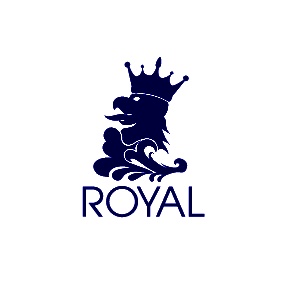
Calming New Parent Fears:
Growing up we all have that beloved pet that and was our best friend. We thought we could never love anything as much until you parenthood and newborn baby care entered our lives. Suddenly, entrusted with that precious little life, baby care products and adhering to the appropriate infant care program are the most vital aspects of life. New baby care makes for a frightening business. There's always that little voice in the back of your mind, that tiny tingle that makes you question ever move you make. You become fixated on what to feed the baby, how to change him and even how much sleeping is normal. Sometimes the joys of parenthood get lost in all that worry. There are a variety of guides geared toward newborn baby care. There is also a booming market for infant care products and even natural baby care. A built-in support system might be closer than you think.
Finding a Support System
First make good use of parenting reference guides that got their start during the Baby Boom generation. Boy did parents need a lot of advice then! Reference guide focus largely on new baby care and what to expect as the child continues to grow. Child care classes can be an e xcellent method of soothing new parent jitters and learning hands-on around people just like you - frightened parents! Finally, Mom, Grandma or Aunt Sue can be a good to guide for questions on conquering colic and making bottles. In fact, an older woman to consult comes highly recommended.
Baby Care
Holding your baby is one of the first lessons you'll give him or her in people skills. They'll need that later in life, you know. Skin to skin contact shows the baby how much love Mommy and Daddy have, even if they make a couple of mistakes every once and awhile. There's an art to baby holding. You want to be sure to support baby's neck and head using your arm and hand. Babies aren't able to support their heads at this stage of their development but they will attain that strength quickly. The umbilical cord will eventually dry out and fall away. This process could take from one to three weeks depending on how stubborn the stub might be. Be sure to rub the stub with alcohol during every diaper change to help it to dry out properly. Use quality baby care accessories for diaper changings and all other aspects of day to day care. Once Baby reaches age two "NO" will become a catch phrase, and ultimately the favorite word. Until then, crying will just have to do. Crying is now Baby's only form of communication, so expect to hear a lot of it. All babies cry when they're in need of a burping, a diaper change, a big bottle of milk or just a hug from Mom or Dad. By being responsive to cries, parents teach babies that they can depend on someone. It's the first lesson in trust.




No comments:
Post a Comment